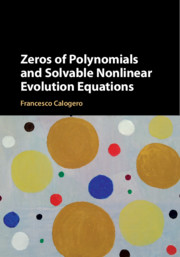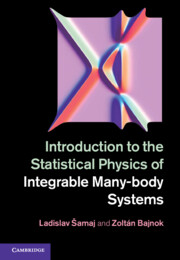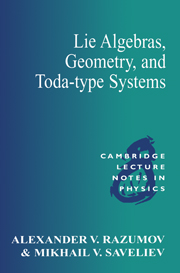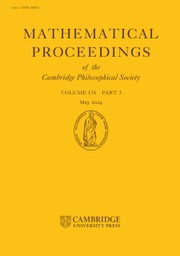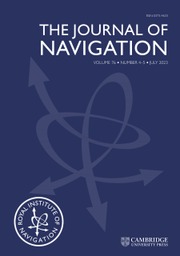Zeros of Polynomials and Solvable Nonlinear Evolution Equations
Reporting a novel breakthrough in the identification and investigation of solvable and integrable nonlinearly coupled evolution ordinary differential equations (ODEs) or partial differential equations (PDEs), this text includes practical examples throughout to illustrate the theoretical concepts. Beginning with systems of ODEs, including second-order ODEs of Newtonian type, it then discusses systems of PDEs, and systems evolving in discrete time. It reports a novel, differential algorithm which can be used to evaluate all the zeros of a generic polynomial of arbitrary degree: a remarkable development of a fundamental mathematical problem with a long history. The book will be of interest to applied mathematicians and mathematical physicists working in the area of integrable and solvable non-linear evolution equations; it can also be used as supplementary reading material for general applied mathematics or mathematical physics courses.
- The first book to present a novel technique for identifying solvable/integrable dynamical systems
- The book will appeal to a wide readership of mathematicians, mathematical and theoretical physicists and practitioners interested in getting acquainted with the mathematical tools required to model complex phenomena
- Covers recent developments in the field giving the reader a clear sense of the state of the art
Reviews & endorsements
'This concise book discusses the mathematical tools used to model complex phenomena via systems of nonlinear equations, which can be useful to describe many-body problems. Starting from a well-established approach to solvable dynamical systems identification, the author proposes a novel algorithm that allows some of the restrictions of this approach to be eliminated and, thus, identifies more solvable/integrable N-body problems. … the book presents many examples to show its application and impact. … [It] is addressed to both applied mathematicians and theoretical physicists, and can be used as a basic text for a topical course for advanced undergraduates.' Virginia Greco, CERN Courier
'The monograph is self-contained and accessible to a wide range of readers. In particular, those interested in the use of transformation techniques, in the study of integrable systems, will find this book especially valuable and useful.' D. Catalano Ferraioli, MathSciNet
Product details
September 2018Hardback
9781108428590
176 pages
253 × 180 × 13 mm
0.53kg
Available
Table of Contents
- Preface
- 1. Introduction
- 2. Parameter-dependent monic polynomials, definitions and key formulas
- 3. A differential algorithm to compute all the zeros of a generic polynomial
- 4. Solvable and integrable nonlinear dynamical systems (mainly Newtonian N-body problems in the plane)
- 5. Solvable systems of nonlinear partial differential equations (PDEs)
- 6. Generations of monic polynomials
- 7. Discrete time
- 8. Outlook
- Appendix
- References.

